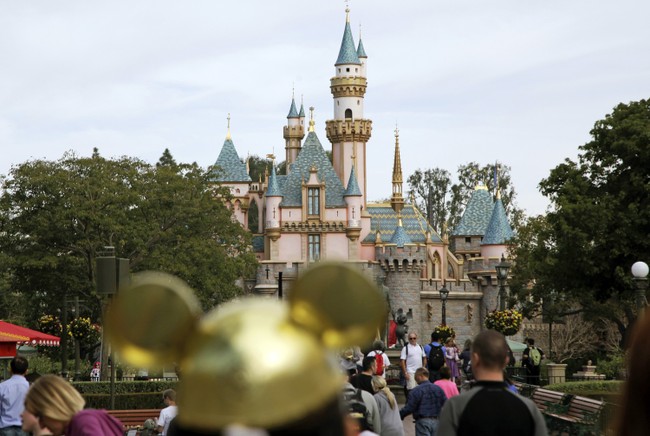On the morning of April 28 last year, participants in the 2024 Seoul Half Marathon set off from Gwanghwamun Square in Jongno District, Seoul. SEOUL, April 28 (Korea Bizwire) — As temperatures warm and marathon season returns in full force to South Korea’s capital, mounting frustration among Seoul residents is sparking renewed debate over the city’s growing number of road races. On April 16, complaints flooded online community forums for apartment residents in the Jamsil neighborhood after the 2025 Seoul Marathon caused widespread road closures.
“Is it really true that every major intersection around Jamsil, including Jamsilsaenae Station and Sports Complex, was completely shut down?” one resident posted. “Every time there’s a marathon, the damage to local residents is enormous.” The anger extended far beyond Jamsil.

Posts on Naver’s Q&A site lamented missed work shifts due to both vehicle and pedestrian traffic restrictions, while delivery drivers complained that orders were canceled because blocked streets made pickups impossible. One blogger even shared a step-by-step guide on how to file official grievances over traffic disruptions. While organizers celebrate record participation, residents are left navigating blocked streets, noise, and mounting frustration.
(Image created by ChatGPT) According to data compiled by Yonhap News on April 27, the number of marathons and running events in Seoul has skyrocketed since the end of the COVID-19 pandemic. There were 42 events in 2020 and 43 in 2021, but that number surged to 70 in 2022, 96 in 2023, and 118 in 2024 — averaging more than two events per week. This April alone, 19 races are scheduled, five more than during the same month last year.
On Sunday, the 2025 Seoul Half Marathon brought fresh rounds of closures from Gwanghwamun Square to Yeouido Park and Sangam’s Peace Square. The core grievance among citizens lies in the repetitiveness of major marathon routes, which frequently traverse Jamsil, Yeouido, Jongno, and Gwanghwamun. Residents and commuters argue that certain areas endure disproportionate and repeated disruptions, with little advance notice beyond hastily erected banners on affected streets.
“It’s not like they send personal notifications,” said Yoon, a 42-year-old Jamsil resident. “Every weekend, we just see traffic control signs appear. How long are we supposed to just endure this?” Adding to the discontent are concerns over who bears the costs.
While race organizers collect participant fees, critics argue that the public shoulders the burden of disruptions, including noise from whistles and horns, littering, and even public urination. Because marathons are classified as “cultural events” rather than formal assemblies, organizers are not required to seek police approval for road use. Authorities say they aim to minimize inconvenience by holding races during early Sunday mornings and enforcing rolling closures.
However, with only a handful of large venues — such as Gwanghwamun Square and Olympic Park — capable of accommodating tens of thousands of runners, officials admit that viable alternatives are limited. Some citizens have proposed imposing proportional occupancy fees on event organizers to offset the public inconvenience. Such suggestions have begun appearing on Seoul’s official civil complaints platform, “Eungdapso.
” With no clear solution in sight, many residents are left wondering how much longer their weekends will be dominated by the city’s growing passion for marathon running. M. H.
Lee ([email protected]).
Entertainment

Seoul Residents Voice Growing Frustration Over Marathon-Related Disruptions

SEOUL, April 28 (Korea Bizwire) — As temperatures warm and marathon season returns in full force to South Korea’s capital, mounting frustration among Seoul residents is sparking renewed debate over the city’s growing number of road races. On April 16, complaints flooded online community forums for apartment residents in the Jamsil neighborhood after the 2025 Seoul [...]The post Seoul Residents Voice Growing Frustration Over Marathon-Related Disruptions appeared first on Be Korea-savvy.















